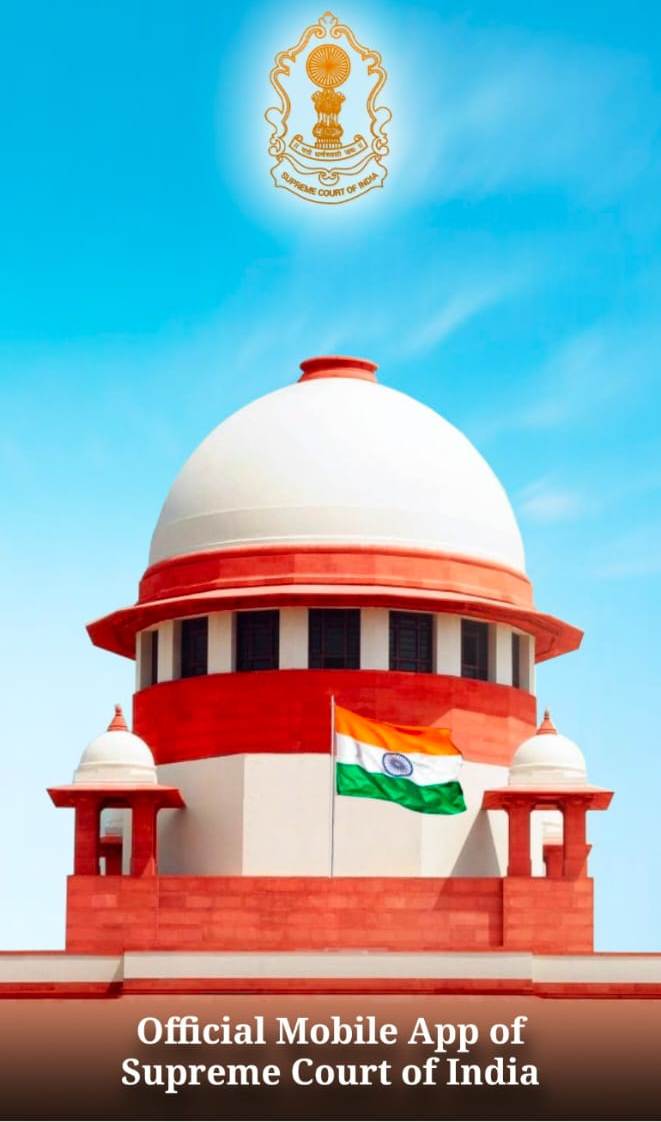The Supreme Court has dismissed a public interest litigation (PIL) that was looking forward to a declaration that citizens have a fundamental right to directly petition Parliament and invite deliberation on important issues of public interest.
A Bench of Chief Justice of India (CJI) DY Chandrachud with Justices PS Narasimha and JB Pardiwala said that a citizen cannot ask for right to stand up in Parliament.
The bench said that for this one should go and talk outside Parliament. The bench said that a citizen cannot seek a right to stand up in Parliament. Sorry.
The Court noted that the relief laid within the domain of Parliament and state legislatures, which odes not allow making any decisions in a PIL.
The bench said that we have to draw a line and we cannot tell Parliament what to do.
Solicitor General Tushar Mehta and Additional Solicitor General Aishwarya Bhati submitted there was already a procedure in place to receive petitions from citizens was also taken on record.
The matter was earlier listed before a bench of Justices KM Joseph and BV Nagarathna, who had not taken favourable view of the same, stating this could impede the functioning of Parliament.
That Bench was not sure whether the plea was maintainable, keeping in view that the Lok Sabha and the Rajya Sabha, rather than their Secretaries-General, were made parties.
The petitioner called for the creation of a system, rules and regulatory framework that would empower citizens to petition Parliament to have debates, discussions and deliberations on issues and concerns raised by citizens.
Pertinently, the petitioner urged the Supreme Court to declare that citizens have a fundamental right to do so under Articles 14, 19(1)(a), and 21 of the Constitution.
The plea had suggested that suggested if enough number of signatures are gathered, then the a petition will be converted into a Public Petition, which then would be published on a platform and become visible to the public.
It further said that after the Public Petition gets higher support a written response from the respective government department/ministry would be mandated.
It further stated that if the signatures on the petition cross a higher threshold requirement with respect to the number of signatures that are to be obtained, after being converted into a Public Petition, then it would be identified as an Extraordinary Petition involving an issue concerning a high number of citizens, which would immediately mandate that the issue be formally taken up for discussion in Parliament.


